Current status and solutions for developing smart tourism systems to attract tourists to Can Tho city - Strategic direction for tourism industry in the digital age
In the afternoon of June 5, 2025, Can Tho City Department of Science and Technology held a meeting of the City-level Council for the acceptance evaluation of the social science project "Current status and solutions for developing a smart tourism system to attract tourists to Can Tho City". Dr. Ngo Anh Tin - Director of Can Tho City Department of Science and Technology was the Chairman of the Council. The project was carried out by Prof. Dr. Ha Nam Khanh Giao; Vietnam Aviation Academy was an implementing unit.
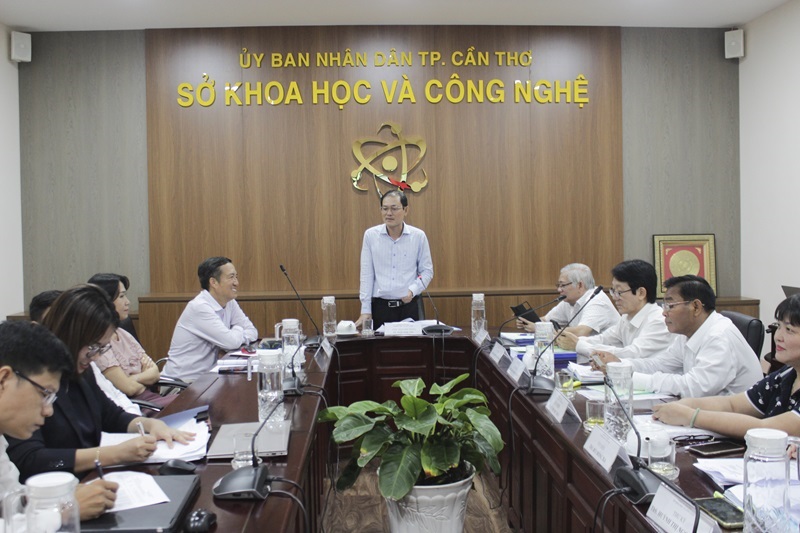
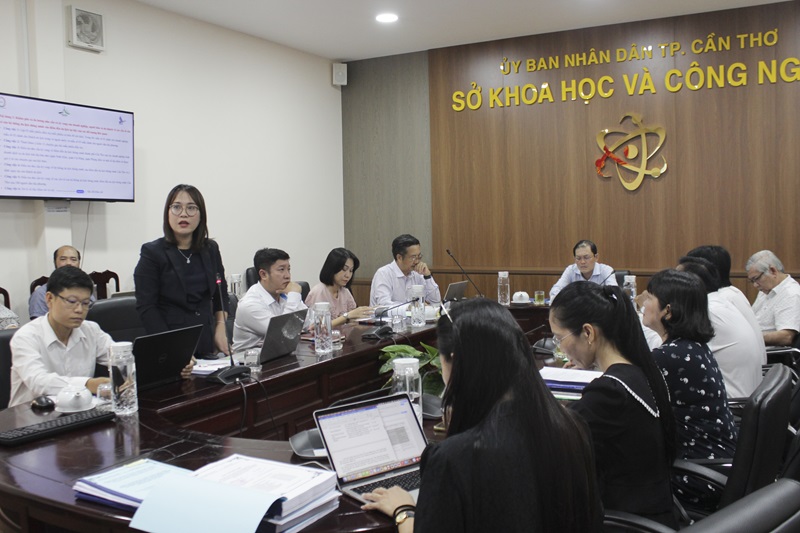
Overview of the meeting
This study focused on assessing the current status of building and developing a smart tourism system in Can Tho city, and proposed a model for applying technology to attract tourists. During the implementation process, activities such as scientific seminars and pilot models of 3D/360 technology at Cai Rang Floating Market were deployed, contributing to raising awareness of the potential and challenges of smart tourism. Survey results show that local people have high expectations for the development of this system, but are still concerned about negative impacts, such as job loss, difficulty in accessing technology for the elderly or those unfamiliar with technology, as well as the risk of losing the inherent traditions of destinations.
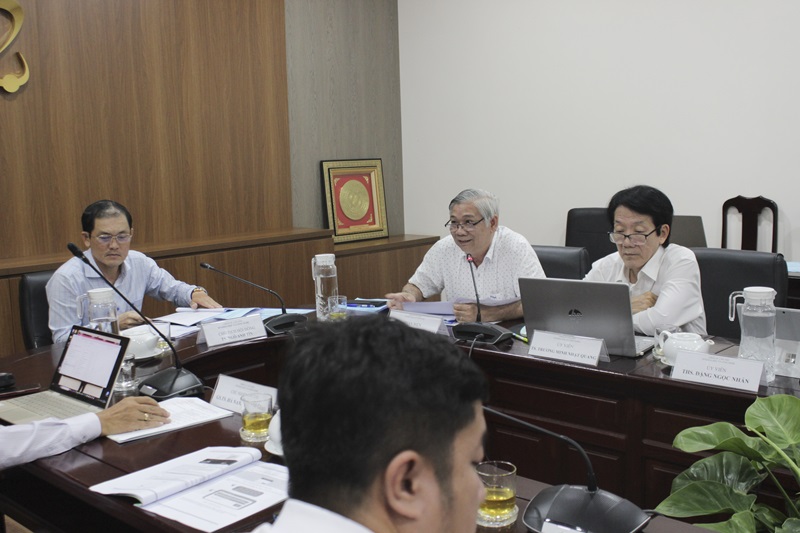
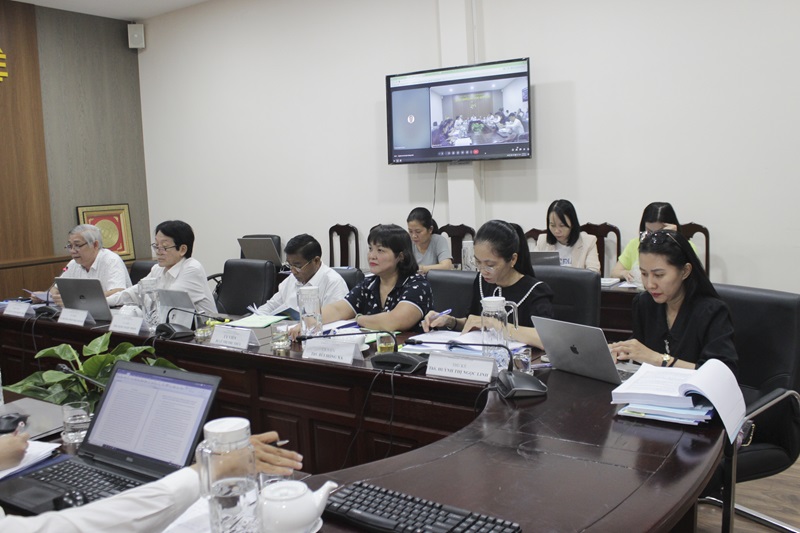
Council's members
In that context, proposed solutions to promote the development of a smart tourism system include increasing investment in technology infrastructure, improving human resource capacity, and encouraging businesses and communities to use technology to create a modern and effective tourism environment. The government and businesses need to coordinate closely to develop a synchronous digital tourism ecosystem, improve service quality, destination image, and ensure even development among regions, avoiding differentiation. In addition, the study also frankly pointed out limitations, such as no comparison with international models, limited pilot scope, and lack of quantitative data to assess the satisfaction level and actual effectiveness of solutions.
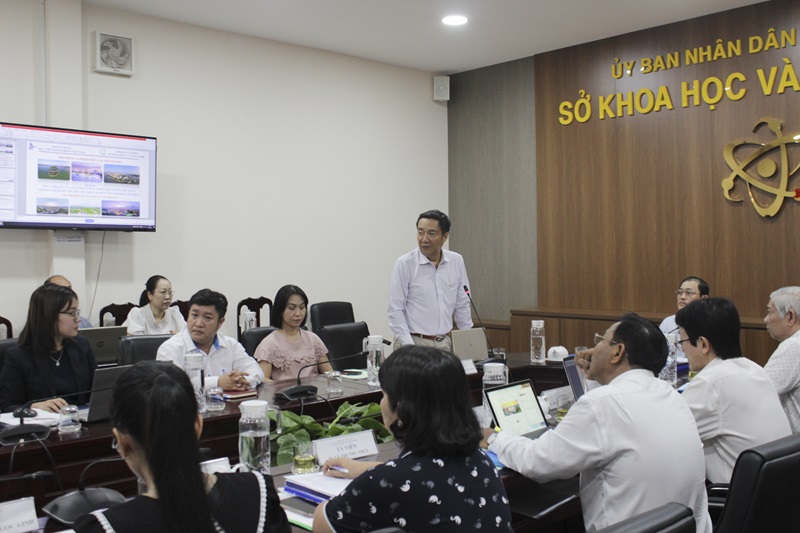
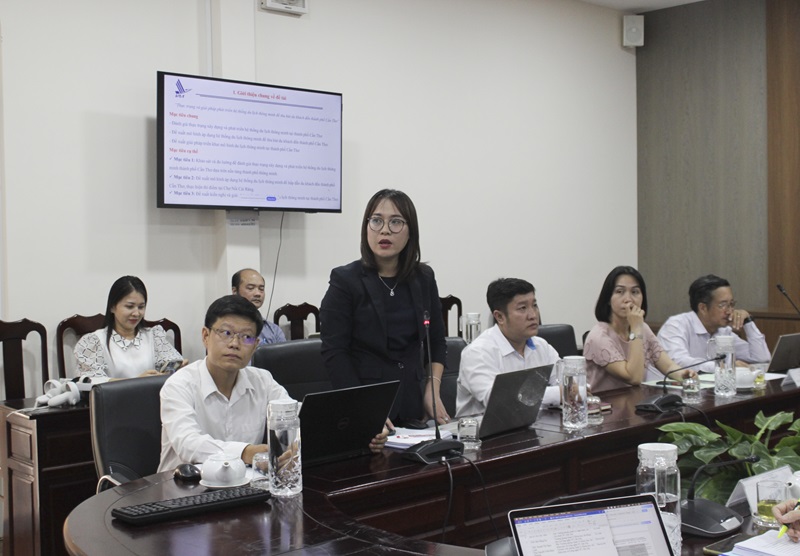
Research team.
In the next phase, it is necessary to expand the 3D/360 smart tourism model to many other tourist attractions in the city, while analyzing and learning from cities, such as Da Nang, Hue or countries, such as Korea and Japan to draw practical experiences suitable for local conditions. The Council highly appreciated the efforts of the steering committee, recognizing the practicality, comprehensive approach and the combination of practical surveys, workshops and pilot models at Cai Rang Floating Market. Based on these results, the project was unanimously approved, aiming to build a sustainable smart tourism ecosystem, contributing to enhancing the image and position of Can Tho on the national tourism map in the current digital transformation period.
https://sokhcn.cantho.gov.vn